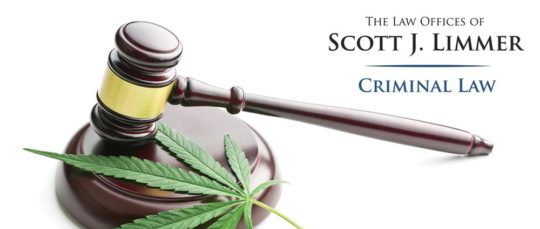Among the many things for which the administration of Donald J. Trump is being scrutinized is whether it will seek a major shift in federal policy on marijuana – and, if so, in which direction.
It was one of a host of issues on which Sen. Jeff Sessions (R-AL) drew sometimes hostile questioning in January 10-11 Senate Judiciary Committee hearings on his nomination as Attorney General. Long regarded as a staunch foe of marijuana legalization, Sessions left advocates of changes somewhat puzzled as to his intentions.
Jeff Sessions Questioned on Federal Marijuana Enforcement
The committee’s top Democrat, Sen. Patrick Leahy (VT), asked Sessions if he intended to use the federal ban on marijuana to prosecute medical or recreational users in states which permit such use. (The Obama Department of Justice, in its so-called Cole memo of 2013, issued guidelines spelling out conditions under which federal prosecutors should give low-priority to enforcement actions against marijuana use complying with state laws, absent additional aggravating factors, but stopped short of disclaiming intent to enforce the federal ban on marijuana as a Schedule 1 drug under the Controlled Substances Act.)
In reply, Sessions said he saw some of the previous administration’s guidelines as “truly valuable” for evaluating cases, especially in light of limited resources available for enforcers. But he added he wouldn’t “commit to never enforcing” the federal law on marijuana.
Questioned by a panel Republican, Sen. Mike Lee (UT), on federalism issues when states take positions inconsistent with federal law, Sessions suggested that if Congress no longer wants a nationwide ban on marijuana, it should pass legislation to amend or reverse it, since it’s not the Attorney General’s job to “decide what laws to enforce.”
The largest pro-marijuana group, the National Organization for the Reform of Marijuana Laws (NORML) – which is urging opposition to his nomination, and last year handed Sessions one of only 16 “F” grades it gave senators for their legislative positions during the recently ended Congress – read Sessions’ performance at his confirmation hearings as indicating the glass was half-empty, since he “failed to give a straight answer.”
But what Sessions didn’t say, along with remarks by Sean Spicer, the chief Trump spokesman, made another pot legalization group, the Marijuana Policy Project, guardedly more optimistic, calling it “notable” the nominee “chose not to commit” to vigorous enforcement of the federal law making marijuana nationwide. The group also pointed to comments by Trump spokesman Sean Spicer, who noted the prospective Attorney General knew his job called for him to take his lead from the new president-elect, rather than from his personal preferences.
What Can We Infer About a Trump Marijuana Policy?
Even so, that leaves unanswered precisely what views President Trump holds on the subject. Spokesman Spicer says Trump has clearly stated he backs states’ right to set their own policies on marijuana, but — years before becoming a candidate — Trump had spoken broadly in favor of legalizing and taxing all drugs, with the revenue devoted to drug education programs. Later, in a Nevada rally in 2015, he advocated leaving marijuana to be regulated state-by-state. In February 2016, on Bill O’Reilly’s Fox TV show, Trump pronounced himself “100%” in favor of medical marijuana, claiming he had seen people who benefitted from it, but he stopped short of endorsing legalizing recreational marijuana, saying Colorado’s experience had shown “a lot of problems.”
